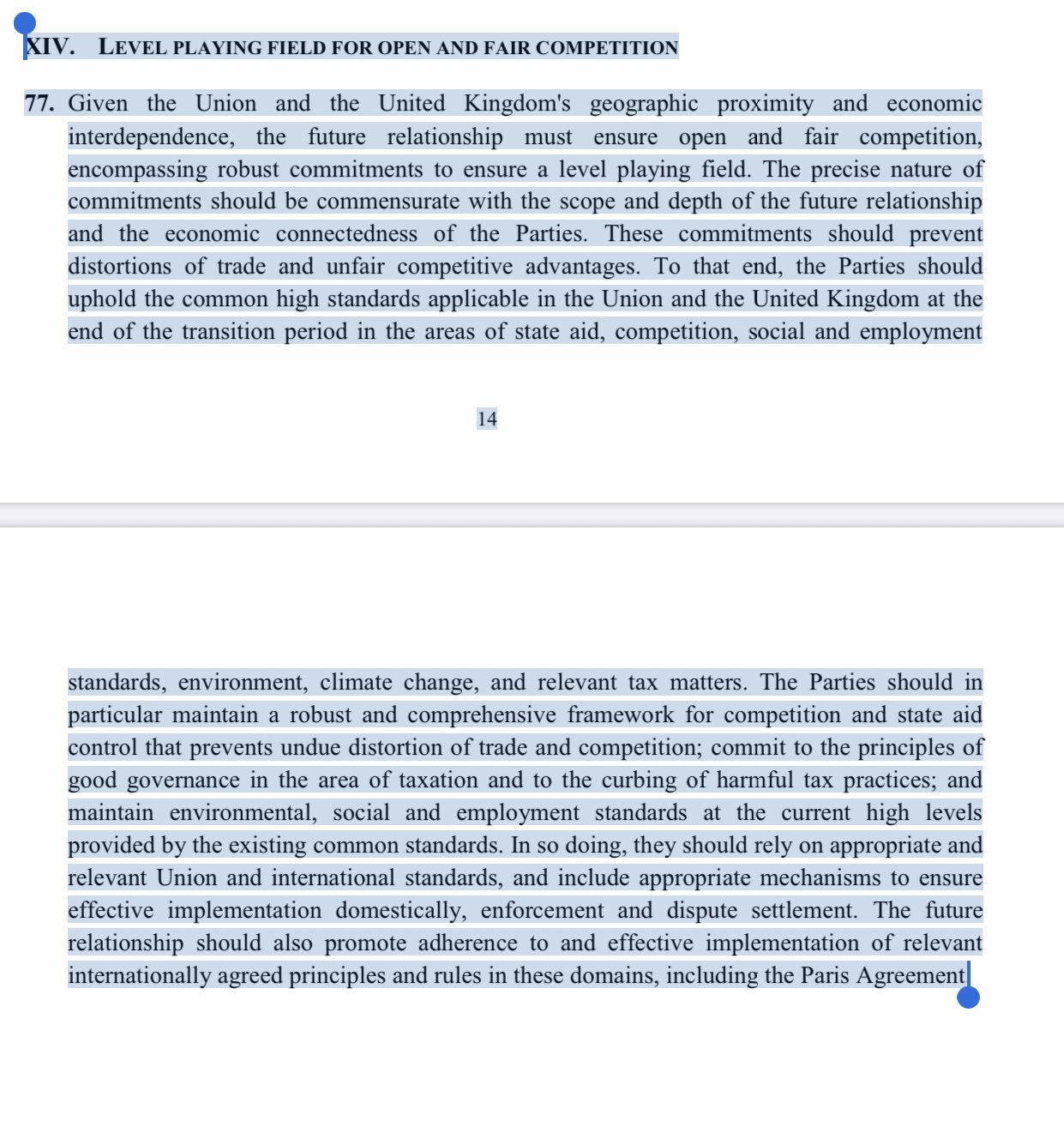Common sense says that people should have a say in the status of their country. If we wait until 2045, something like one third of the population will not have been able to express their opinion in any official way - other than by their votes in elections. And we can all see that when votes are by party it muddies the waters and has a strong tendency to conflate issues.As I said to OG, it’s not good to have referendums like this every 5 or 6 years. If we did that we’d have had 8 or so EU membership referendums. A degree of common sense has to be applied.
I think another referendum in 2045 would be about the right time.
Possibly, if independence had been rejected by a large majority, 66% or 75% perhaps, then it would argue against another referendum in the near future. But it wasn't. It was fairly close. A few years might well swing it substantially (and, for the sake of this discussion, it could swing either way).
Let us imagine that the people of Scotland change at a rate of just 1% a year, from 2014 to 2050, the anger of having 66.7%, two thirds, in favour in 2036 and that being ignored could be extremely nasty. And wrong. Very wrong to say, wait another nine years before you are even allowed to open your mouths and say that is what you want.
I suspect that building up pressure in Scotland would also affect the view in Wales and NI.
2014 | 44.7 |
2015 | 45.7 |
2016 | 46.7 |
2017 | 47.7 |
2018 | 48.7 |
2019 | 49.7 |
2020 | 50.7 |
2021 | 51.7 |
2022 | 52.7 |
2023 | 53.7 |
2024 | 54.7 |
2025 | 55.7 |
2026 | 56.7 |
2027 | 57.7 |
2028 | 58.7 |
2029 | 59.7 |
2030 | 60.7 |
2031 | 61.7 |
2032 | 62.7 |
2033 | 63.7 |
2034 | 64.7 |
2035 | 65.7 |
2036 | 66.7 |
2037 | 67.7 |
2038 | 68.7 |
2039 | 69.7 |
2040 | 70.7 |
2041 | 71.7 |
2042 | 72.7 |
2043 | 73.7 |
2044 | 74.7 |
2045 | 75.7 |
2046 | 76.7 |
2047 | 77.7 |
2048 | 78.7 |
2049 | 79.7 |
2050 | 80.7 |


